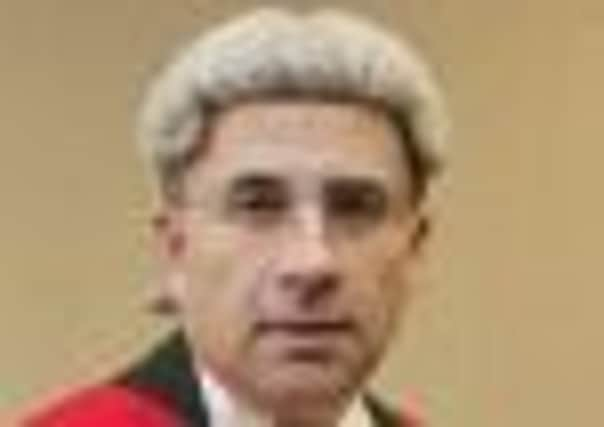Leveson inquiry: ‘Real desire’ for change to way PCC operates


Lord Black of Brentwood told the inquiry there has been a “very positive response” from the newspaper industry to proposals for reform.
Changes have been suggested by Lord Hunt of Wirral, chairman of the Press Complaints Commission (PCC) for an overhaul of the body.
Advertisement
Hide AdAdvertisement
Hide AdThe peer, who is chairman of the Press Standards Board of Finance, told the inquiry that there was a “real desire” to make “meaningful change” happen - and that without this change there was a threat of statutory regulation.
“The appetite for change is a very real one,” he told the inquiry.
“As an industry, we are very committed to self-regulation, and we are proud of our self-regulation but we have seen that it has weaknesses.
“We need to bring forward proposals for radical change.”
Lord Black’s remarks come after Lord Hunt, who is chairman of the PCC, proposed turning the body into a true regulator of newspapers, with separate arms for dealing with complaints and enforcing standards.
He said publishers would have to sign up to the new body on a five-year rolling contract.
Lord Black, commenting today on the contractual approach, said: “Of the proposals that we have looked at, this is the most effective way that I have seen so far because it gives some form of legal underpinning to the system but it does so in a way that does not require the imposition of statute.”
Lord Black, a former director of the PCC, said he now supported the idea of some form of “fining element” as part of the reforms to self-regulation.
“I think that we’ve seen in the phone-hacking scandal laid bare for the first time the very real lack of powers that exist within the self-regulatory system to conduct investigations,” he told the inquiry.
Advertisement
Hide AdAdvertisement
Hide Ad“I think it took a scandal like that to show us that we needed a new body which could enforce the terms of the code.
“So it is that which has led me to a change of view.”
He added that the scandal had been the most “obvious” example of why “urgent” reform was needed to the system.
But he told the inquiry he had “never believed” the system of self-regulation had been about retaining the “status quo”.
“I have never recognised status quo in terms of where the Press Complaints Commission has got to. It’s changed in every year of its existence,” he said.
“What we are looking at now of course is more fundamental change and starting in many ways from scratch but up until this point, I’ve always thought that the Press Complaints Commission and self-regulation is a living entity which has changed dramatically in response to events.”